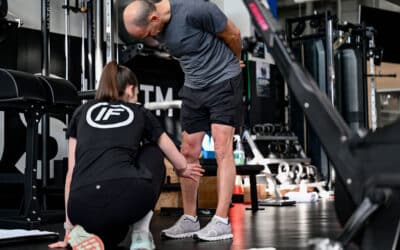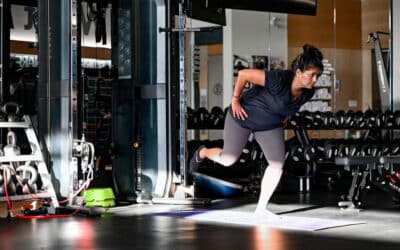We’ve learned a lot about the effects of working remotely over the past 6 months.
It seems that many of the reasons some organizations had previously been opposed to – or, at least skeptical of – remote working, such as concerns about distractions negatively impacting productivity, may have been misguided.
In a recent survey of over 1,000 Americans, 72% of respondents reported that their productivity, in general, has either stayed the same or improved with 36% noting distinct improvements.
On top of that, when specifically asked about work performance, nearly 75% of Americans surveyed indicated that their performance had either stayed the same or improved with almost 30% noting distinct improvement in that area.
Unfortunately, along with these positive outcomes in the areas of performance and productivity, we’ve seen significant decline in the areas of health and wellness:
Dating on the social network implies that you are interested manchester hookup in each other in something else besides sex. On social networks, you can have a nice chat about this and that, discuss the affairs of mutual friends, instead of straining to ask, “What do you expect from dating?” and “What are your goals?”
37% reported weight-gain
32% admitted to a decline in their diet
42% noted increased stress levels
28% experienced poorer sleep habits than usual
There was one correlation that was of particular note:
75% of Americans who reported a high job performance said they also exercise between 3 and 5 days a week.
Of those Americans who frequently engaged in virtual fitness such as virtual classes or Remote Personal Training sessions, nearly 60% reported a noticeable improvement in their mental health.
This, honestly, is not a surprise.
There have been many studies that have been published in peer-reviewed scientific journals that have already drawn this conclusion.
The evidence overwhelmingly indicates that regular physical activity – whether that be structured cardio such as running or cycling, resistance training such as a weight-lifting program, or even just regular walking – decreases the incidence of mental health episodes commonly associated with depression and/or anxiety.
Get outside!
Further research has indicated that these positive effects can be amplified when combined with the great outdoors. Researchers looking at the long-standing Japanese tradition of Shinrin-Yoku – roughly translated as “forest bathing” – posited that the added benefits of exercising in nature come from inhaling beneficial bacteria, essential oils, and negatively charged ions which exist in nature and, in turn, interact with our own gut bacteria. This leads to improved gut health, which subsequently helps to improve both physical and mental health.
This is just one of the many reasons that our team at Innovative Fitness have long been advocates for getting out and being physically active in nature. Whether that be going for a hike, kayak, mountain bike ride, skiing, or just completing a personal training session outdoors, we’ve consciously made every effort to keep our clients active in AND outside of the studio. These adventures also help build a strong community of like-minded people!
Based on everything we’ve learned through this survey, one thing is clear:
People who have consistently engaged in exercise 3-5 times per week have done a more effective job of coping with the various demands of the pandemic.
They’re eating better, sleeping better, managing their stress more effectively, and 51% even noted an improvement in their romantic relationships!
When asked about their plans for keeping up their fitness post-COVID, nearly 50% of those surveyed said they intend to continue to engage in virtual fitness. For some, that might mean on-demand classes. For those who understand the value of immediate feedback through one-on-one coaching, that means Remote Personal Training, something we offer at Innovative Fitness.
Blog Credit: Sean Allt






